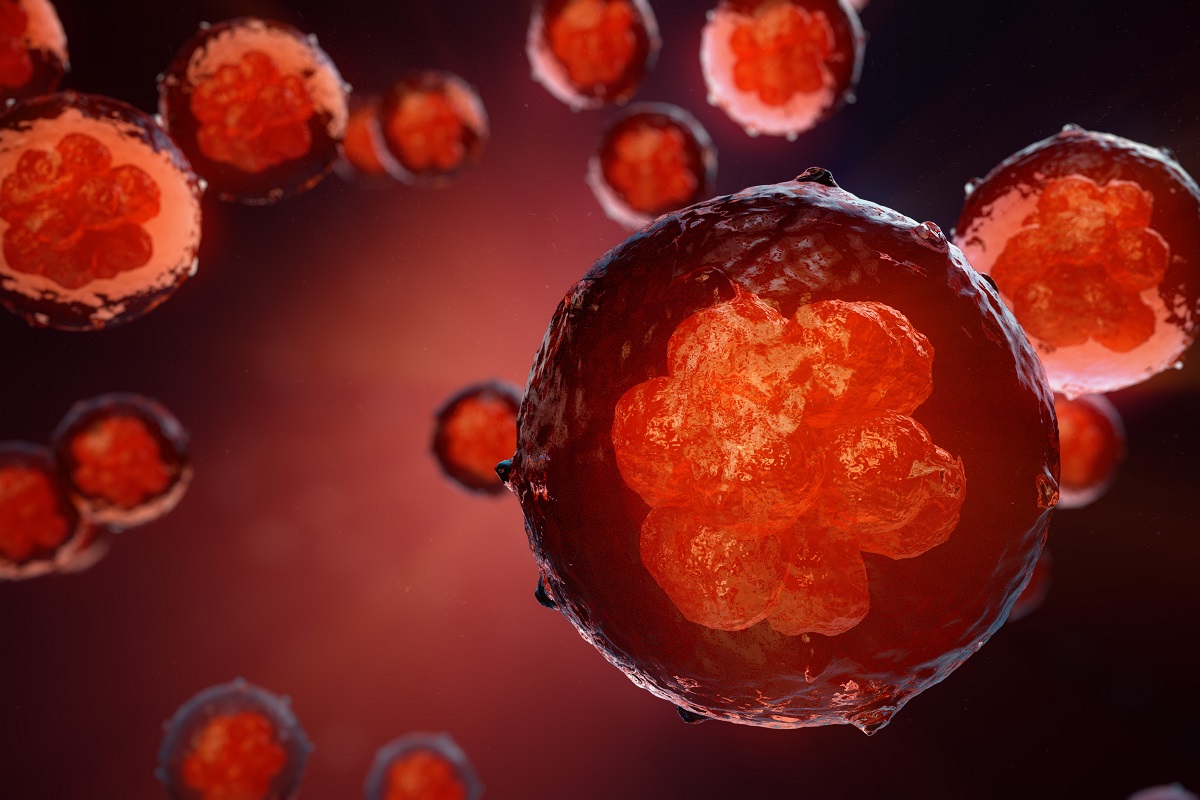KEY TAKEAWAYS
- The InPACT phase III trial aimed to gather unbiased, real-world data on diverse patients to refine, not prove, treatment choices for advanced penile cancer.
- The primary endpoint was to measure the survival time. Secondary endpoints were disease-specific survival, DFS, complications rates, feasibility of surgery after radiotherapy, QoL, and pathologic CRR.
- The result demonstrated that the INPACT trial, although innovative in its Bayesian approach to rare cancer treatment, faces challenges in patient accrual, multi-treatment complexities, and quality care across diverse sites.
For this study, researchers aimed to gather unbiased, real-world data on diverse patients to refine, not prove, treatment choices for advanced penile cancer.
The primary endpoint was to assess the survival duration from randomization to death due to any cause. Secondary endpoints were disease-specific survival, disease-free survival(DFS), complication rates, the feasibility of surgery post-radiotherapy, quality of life(QoL), and the rate of achieving a pathologic complete response rate(CRR).
The eligibility criteria included histologically proven penile squamous cell carcinoma (any T, N1-3, M0), ECOG performance status <= 2, and measurable disease (excluding biopsy-proven N1). Exclusion criteria included non-squamous or pure verrucous histology, squamous carcinoma of the urethra, stage M1, prior chemotherapy or radiotherapy, and concurrent second malignancy.
Patients with enlarged pelvic lymph nodes at entry undergo lymph node dissection. With a target of 200 patients, accrual from 2017 to 2023 reached 114, including 82 from the US and 32 from the UK. The target completion date for patient accrual is May 2024.
With a target accrual of 200 patients, the InPACT trial, conducted from 2017 to 2023, has enrolled 114 participants, including 82 from the US and 32 from the UK. The expected completion date for patient accrual is May 2024.
The InPACT trial adopted a Bayesian approach without formal hypothesis testing, initially aiming for 400 globally accrued patients. This strategy allowed for estimating the probability of selecting the superior therapy in the intention-to-treat analysis.
For rare cancers, this methodology is accepted if the probability of the true HR being <1 is at least 60%. In the current trial, if HR ≤ 0.80, the probability of selecting the superior treatment is 79%, with a 10% chance of incorrectly choosing an inferior treatment.
The study highlighted significant, including the rarity of penile cancer affecting accrual and QoC, patient-related issues like multiple treatments and randomizations, and trial complexity involving disease stratification and multidisciplinary care coordination.
Source: https://suonet.org/meetings/upcoming-meetings/program-schedule.aspx
Clinical Trial: https://clinicaltrials.gov/study/NCT02305654
Pagliaro LC. Updates from the InPACT Trial. Written by: Klaassen Z, MD, MSc – Urologic Oncologist, Associate Professor of Urology, Georgia Cancer Center, Wellstar MCG Health, Presented at the 2023 Society of Urologic Oncology (SUO) Annual Meeting, Washington, D.C., Tues, Nov 28 – Fri, Dec 1, 2023.



